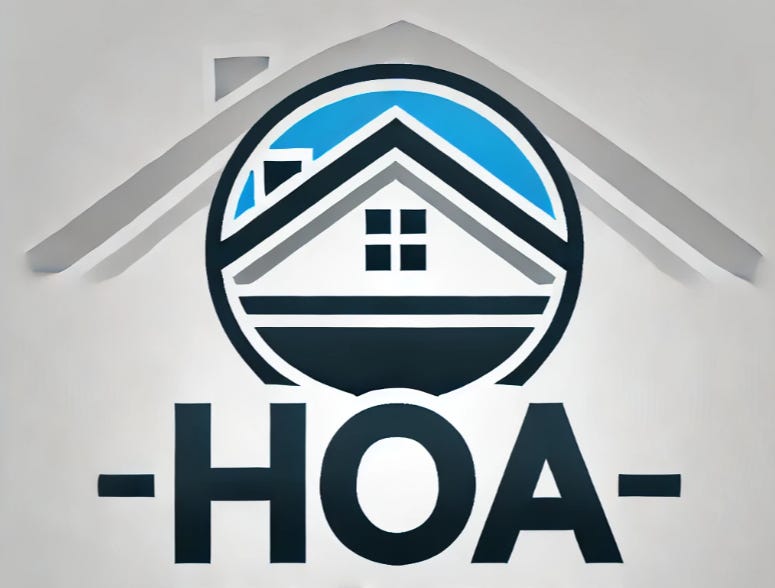North Carolina Lawmakers Propose HOA Reform Bill Amid Growing Homeowner Concerns
Bill aims to overhaul the way homeowners’ associations (HOAs) operate, addressing growing concerns about financial transparency, enforcement practices, and homeowner rights.
Holly Springs, NC, Mar. 19, 2025 — A new bill introduced in the North Carolina General Assembly on March 18, 2025, aims to overhaul the way homeowners’ associations (HOAs) operate, addressing growing concerns about financial transparency, enforcement practices, and homeowner rights.
House Bill 444 (link), known as the Homeowners Association Reform Bill, was introduced by Representative Liu (D) and seeks to limit HOA enforcement powers, increase transparency, and mandate mediation before legal action. Supporters argue the legislation will protect homeowners from excessive fines, unjust foreclosures, and opaque financial practices, while opponents worry it could weaken HOAs' ability to maintain community standards.
What the Bill Proposes
The legislation introduces several key reforms for North Carolina's condominiums and planned communities, including:
Restricting retroactive rule changes – New HOA rules will only apply to future property owners, preventing current homeowners from being blindsided by changes after they purchase a property.
Limiting HOA fines and foreclosures – The bill caps fines at $2,500 per violation and prohibits nonjudicial foreclosure for fines, meaning homeowners cannot lose their homes over unpaid penalties alone.
Mandating prelitigation mediation – Before an HOA can file a lawsuit against a homeowner, both parties must attempt mediation to reduce costly legal battles.
Regulating HOA management contracts – HOA contracts with property managers cannot exceed one year and must allow termination with 60 days’ notice, preventing long-term financial commitments without homeowner input.
Restricting HOA parking enforcement on public roads – Unless authorized by a local government or the NC Department of Transportation, HOAs cannot fine or tow vehicles parked on public streets.
Increasing financial transparency – Homeowners must be provided with HOA financial statements, and budget increases over 10% require a vote from most members.
Why Lawmakers Are Pushing for Reform
The bill is being introduced in response to increasing complaints from homeowners across North Carolina about HOA overreach and lack of accountability. Many homeowners have raised concerns about surprise assessments, excessive fines, and aggressive legal tactics some HOAs use. The bill would also require the North Carolina Department of Justice to track HOA-related complaints, potentially laying the groundwork for future legislative action.
Support and Opposition
Arguments in Favor of the Bill
Supporters of the bill argue that it provides necessary protections for homeowners by limiting fines, requiring transparency, and preventing unjust foreclosures. They believe the reforms will help homeowners better understand and challenge HOA decisions, reducing financial and legal risks for property owners. The requirement for mediation before lawsuits is also seen as a way to resolve disputes more amicably and cost-effectively.
Concerns About the Bill
Opponents, including some HOA boards and property management companies, argue that the bill reduces HOAs' authority and makes enforcement more difficult. They believe limiting fines and foreclosures could result in higher HOA dues for all residents if associations struggle to collect unpaid assessments. Some also express concerns that restrictions on parking enforcement and rule changes could lead to weakened community standards and reduced property values.
What’s Next for HB 444?
The bill is expected to be debated in committee hearings before potentially being voted on in the North Carolina House of Representatives. While Democrats and some Republicans support HOA reform, others warn of unintended consequences.
This legislation could significantly impact our community, and your input can help shape the conversation. Whether you support the bill, have concerns, or want to suggest improvements, reaching out to our elected officials is the most effective way to ensure Holly Springs is represented in the decision-making process.
Contact Information:
📩 Rep. Erin Paré – Erin.Pare@ncleg.gov
📩 Rep. Julie von Haefen – Julie.vonHaefen@ncleg.gov

